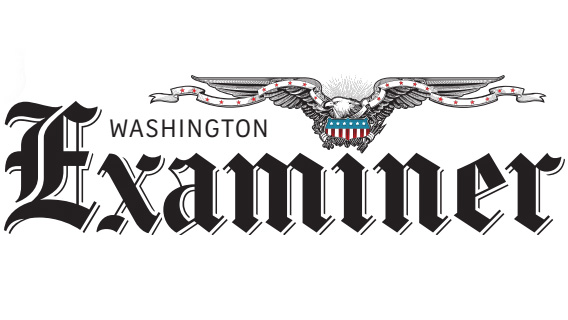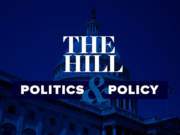Margaret Mead famously observed that “a small group of thoughtful, committed citizens can change the world.” Yet when we consider the rights that protect our ability to advocate for change, we talk very little about groups. That’s a mistake.
Our right to associate with others is just as important as our right to free speech. Groups help us solve the biggest problems in our society. When groups are restricted by government, the results can be just as damaging as when an individual’s right to free speech is trampled upon.
Consider the civil rights movement. In the mid-20th century, the NAACP was leading the fight for equality. The state of Alabama, then controlled by politicians dedicated to upholding Jim Crow laws, wanted to shut it down. When the group put up a fight, Alabama demanded the NAACP turn over a list of its members in the state.
The practical effect of exposing the names and home addresses of NAACP members was no mystery, then or now. The state government and other opponents of civil rights would use the information to harass and intimidate those members. The list would fuel a divide-and-conquer campaign to starve the group of financial support. The NAACP’s roar would be reduced to a whisper.
Thankfully, the NAACP refused to provide the list and in a decision that turned 60 years old last weekend, the Supreme Court ruled unanimously in favor of its right to privacy. The decision offers a lesson that rings true to this day: Americans often need to associate privately if they are to fully exercise their First Amendment rights.
“Effective advocacy of both public and private points of view, particularly controversial ones, is undeniably enhanced by group association,” Justice John Harlan wrote in the majority opinion. “It is hardly a novel perception that compelled disclosure of affiliation with groups engaged in advocacy may constitute as effective a restraint on freedom of association as [other] forms of governmental action,” Harlan added.
Today, this historic ruling is under threat — not from racists, but from overreaching government officials seeking to force “transparency” on private citizens. It has long been the case, federally and in the states, that candidates, political parties, PACs, and super PACs must disclose the names, addresses, and employers of donors who give over minimal amounts. But lawmakers increasingly seek to expand these laws, or write new ones, to force citizen groups that work on social and policy issues, and even charities, to do the same.
These laws risk gutting the strong protections for free association established in NAACP v. Alabama and other First Amendment cases from its era. Although groups today do not face the same threats as civil rights activists 60 years ago, politically motivated harassment has never gone away. The growth of the Internet and the expansion of disclosure laws, especially at the state level, has made it easier than ever to identify and harass supporters of a cause from thousands of miles away. These records are also permanent, meaning your giving today will still be public knowledge decades from now.
Exposing donors to groups that advocate on issues — from Black Lives Matter groups and Tea Party chapters to longstanding organizations like Planned Parenthood, the ACLU, and the American Conservative Union— offers no benefit to the public and costs us a significant portion of our First Amendment rights. In addition, smaller nonprofits often struggle to comply with the complicated government reporting requirements included in these laws. Simply put, regulations designed for political campaigns and well-funded super PACs are a poor fit for groups advocating their beliefs about issues.
The fight to save privacy rights from overreaching politicians is just beginning, but it has already secured some victories. Proposals to expose supporters of nonprofits have been defeated in Congress, in federal agencies, and in a number of states across the country. But in others, the freedom secured in NAACP v. Alabama has been on a stark retreat, and the lower courts have allowed it to happen.
Sixty years ago, the Supreme Court understood “the vital relationship between freedom to associate and privacy in one’s associations.” Here’s hoping courts and legislators remember NAACP v. Alabama, so that we never have to learn its lesson the hard way.
This post originally ran in Washington Examiner on July 3rd 2018.














